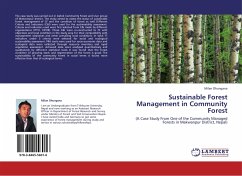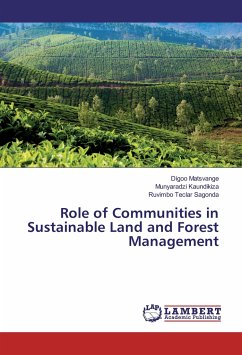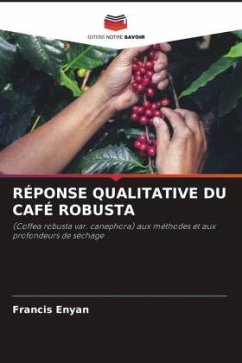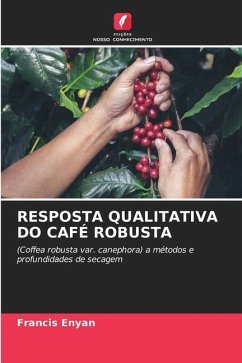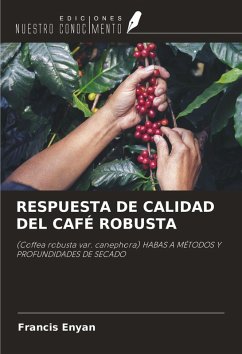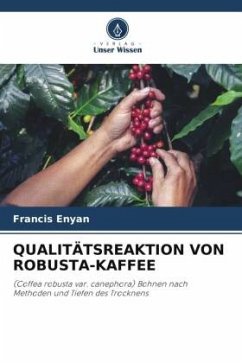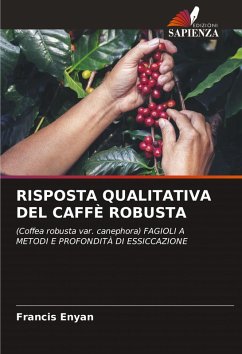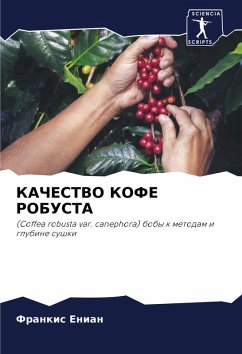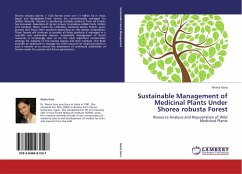
Sustainable Management of Medicinal Plants Under Shorea robusta Forest
Resource Analysis and Rejuvenation of Wild Medicinal Plants
Versandkostenfrei!
Versandfertig in 6-10 Tagen
39,99 €
inkl. MwSt.

PAYBACK Punkte
20 °P sammeln!
Shorea robusta Gaertn. f. (Sal) forests cover over 11 million ha in India, Nepal and Bangladesh.These forests are conventionally managed for timber. Recently, interest in producing multiple products from sal forests has increased. Associates of sal are known to produce edible fruits, fodder and compost, fibers, leaves for umbrellas, medicinal plants, thatch, grass, brooms and many other products depending on the species composition. These forests will continue to provide all these products if managed in a scientific and sustainable manner. Sustainable management of forest resources is increasi...
Shorea robusta Gaertn. f. (Sal) forests cover over 11 million ha in India, Nepal and Bangladesh.These forests are conventionally managed for timber. Recently, interest in producing multiple products from sal forests has increased. Associates of sal are known to produce edible fruits, fodder and compost, fibers, leaves for umbrellas, medicinal plants, thatch, grass, brooms and many other products depending on the species composition. These forests will continue to provide all these products if managed in a scientific and sustainable manner. Sustainable management of forest resources is increasingly seen to be the most important conservation strategy for majority of the harvest species and their habitats. This Book provides an approach to manage the wild resources of medicinal plants in such a manner as to ensure the attainment of continued satisfaction of human needs for present and future generations.




